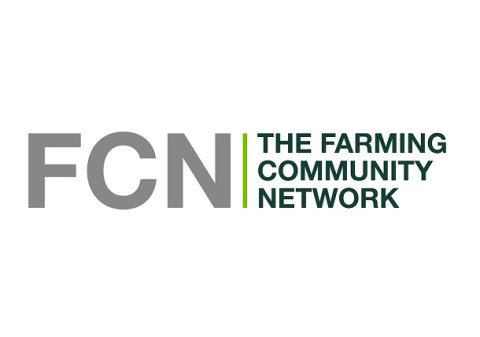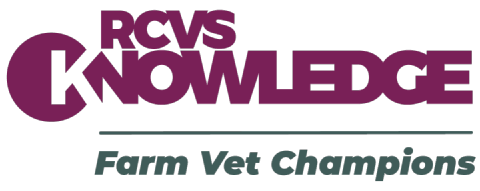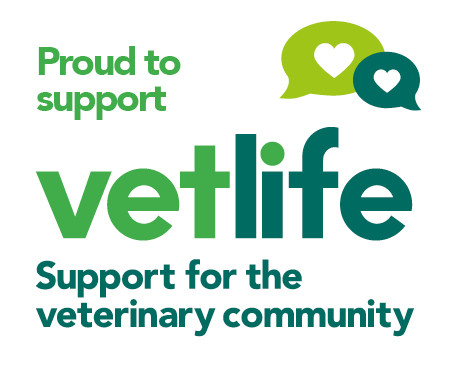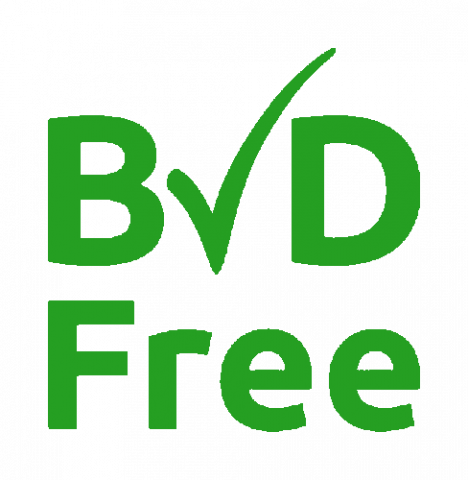For Vets
MilkSure is important to promote the image of dairy farming and to protect consumers’ confidence in dairy products.
Vets in practice are integral to the success of MilkSure. Vets from over 230 practices have delivered MilkSure to their clients. Most dairy practices have at least one vet who is a MilkSure Registered Vet .
Since November 2020, the process for farmers to become MilkSure accredited changed. Farms are no longer required to register individually for MilkSure, and vet practices now have a greater control over the delivery of MilkSure for their clients. The training can only be delivered by MilkSure Registered Vets; this involves undertaking a one-day training course through BCVA. The programme is supported by training materials which include a Workbook for each farm. MilkSure Registered Vets also get access to the website where other training materials (slides, additional worksheets, posters) can be downloaded.
MilkSure Registered Vets can be confident of being up to date with current testing regimes, legislation and the wider issues surrounding medicine use on dairy farms.
The one-day online BCVA course to become a MilkSure Registered Vet is highly recommended. The feedback from vets has been that they find it very interesting and useful. Ideally, as many vets as possible who work with dairy farmers will become MilkSure Registered Vets in due course. Whilst the Part 1 training must always have been delivered by a MilkSure Registered Vet since November 2020, from January 2022, the Part 2 farm risk assessment and management plan must also be delivered by a MilkSure Registered Vet. It is always preferable that the farm risk assessment is conducted by the vet who is most familiar with a particular farm, and to that end ALL dairy vets are encouraged to become MilkSure Registered with BCVA.
MilkSure and annual MilkSure Top Up help vets ensure their farm clients meet their Red Tractor dairy standards when it comes to medicines:
- Medicines training
- Individual competency certificates
- Annual review of bulk tank fails
- Annual medicine cupboard “health check”
- Annual risk assessment to ensure best practice
- Veterinary certification






